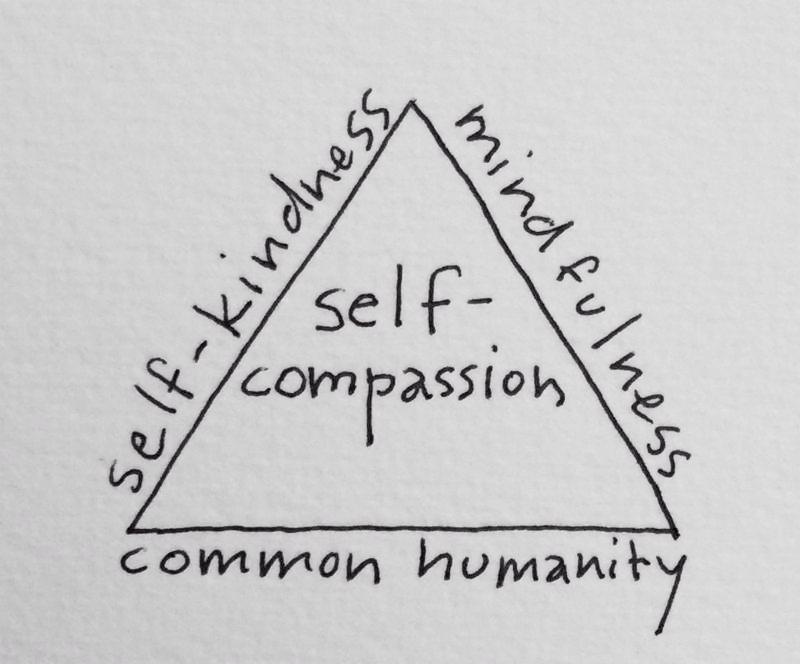
Care for self or selfish
I recently wrote an article about self-compassion. When I started, I wondered how much is there going to be to write about? It’s taking care of yourself. But when I dug into the research much more was revealed.
But let’s first take a look at how and why it is that we can be kind, considerate, loving, and go way out of our way to show compassion to others and then turn around and show little to no compassion for ourselves.
When I sat with that question it revealed a fear of mine…of being called selfish. I remember that horrible feeling of shame from when I was a child and I was called selfish. As a child my self-talk developed to make sure my actions could not be interpreted as selfish so I could avoid that feeling.
My child mind did not have the capacity to realize being selfish is caring for no one other than yourself. Self-care or self-compassion is something very different. I think this fear tripped me up for many years, and I’m probably not the only person who fell into this child story.
The full definition of self-compassion is the act of extending compassion to one’s self in instances of perceived inadequacy, failure or general suffering. In my work with the Preeminent Growth Collaborative, my teachers break things down into triangles, or fractals, so we can look at them in more depth. Self-Compassion researchers have done just that. Three elements make up self-compassion.

Self-kindness.
Self-kindness means being gentle, kind, supportive and understanding toward oneself.
This can be the difference between self-talk that soothes with words of warmth and unconditional acceptance for yourself or harsh criticism and judgment that makes matters worse. It’s being gentle and kind, like you would be with a dear friend or your child, when you mess up.
Common humanity. Having a sense of common humanity means recognizing that as humans we all lead imperfect lives.
We all make mistakes and fall flat on our faces. That’s normal. But it’s easy to feel isolated in one’s imperfection. With an understanding that we all get it wrong sometimes, there is a sense of common humanity and a broader and more connected perspective.
Mindfulness. Mindfulness means being aware of the present moment and seeing clearly all that is happening, even the mistakes and difficulties, with clarity and equanimity.
How often are we living in the past or future? It’s not ignoring or ruminating on the negative aspects of life. It is being gentle and non-judgmental toward yourself when things happen that are not what you expected.
Wondering how you rate on the scale of self-compassion?
So why invest in more self-compassion? Benefits include things you might expect like feeling more happiness, optimism and gratitude along with being more positive. The benefits that the studies revealed that surprised me were more emotional intelligence, wisdom, personal initiative, curiosity, intellectual flexibility, life satisfaction and feelings of social connectedness.
Hmmm…those all seem like great ingredients for a meaningful life, more resilience and ultimately an ability to enjoy life with all of its ups and downs.
Yes, it all sounds good on paper…but is it worth the effort? Maybe you’re tired, anxious about the state of the country, and trying to avoid becoming totally overwhelmed and depressed?
My biggest pause in what I learned was that studies show the greater the self-compassion, the less anxiety and depression. Individuals who wrote self-compassion letters to themselves every day for seven days decreased depression for three months and increased happiness levels for six months. That’s a pretty remarkable ROI.
The best news…self-compassion is a practice, and studies show you can easily learn to cultivate this trait.
So what practice might help build the qualities of self-compassion?
I’m a big believer in just one thing…starting small. This week can you notice how you talk to yourself? See if there is a way for you to stop and notice. To take a breath. To reset and stand tall in mountain pose.
To reset with kind words, to begin again from right where you are. Noticing is the first step in awareness. Awareness is the first step toward change.
Be well, it’s a state of mind.

Leave a Comment